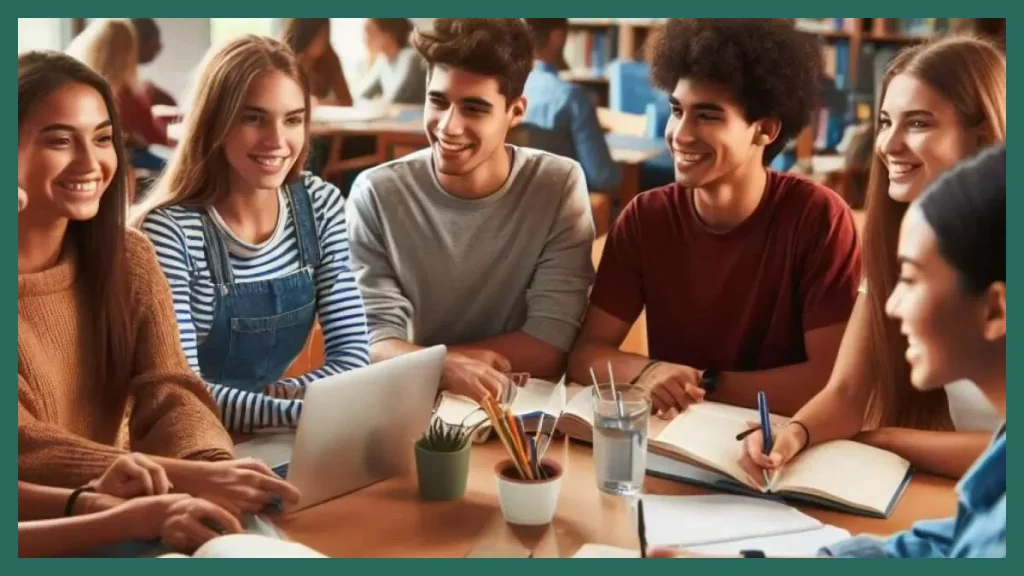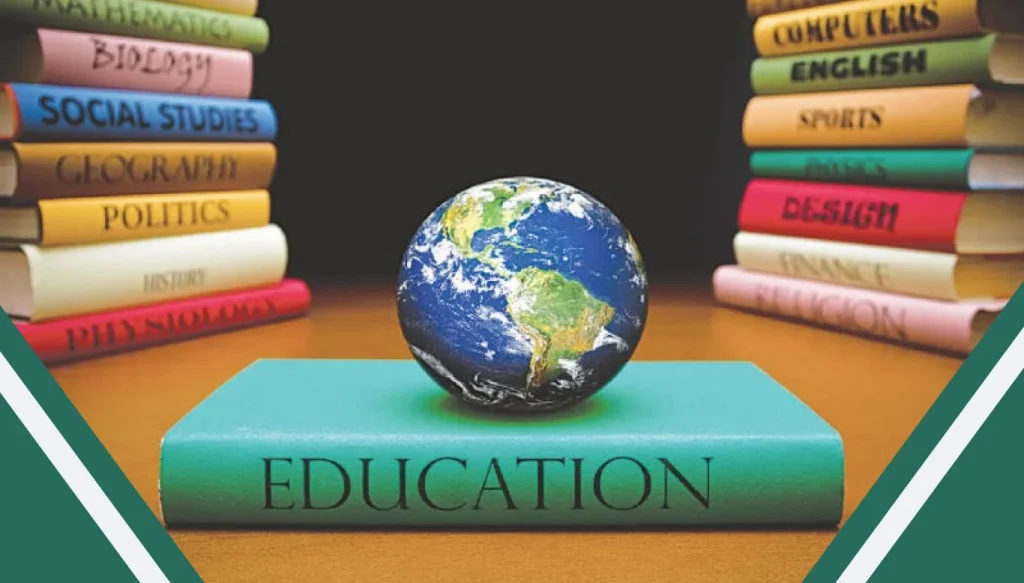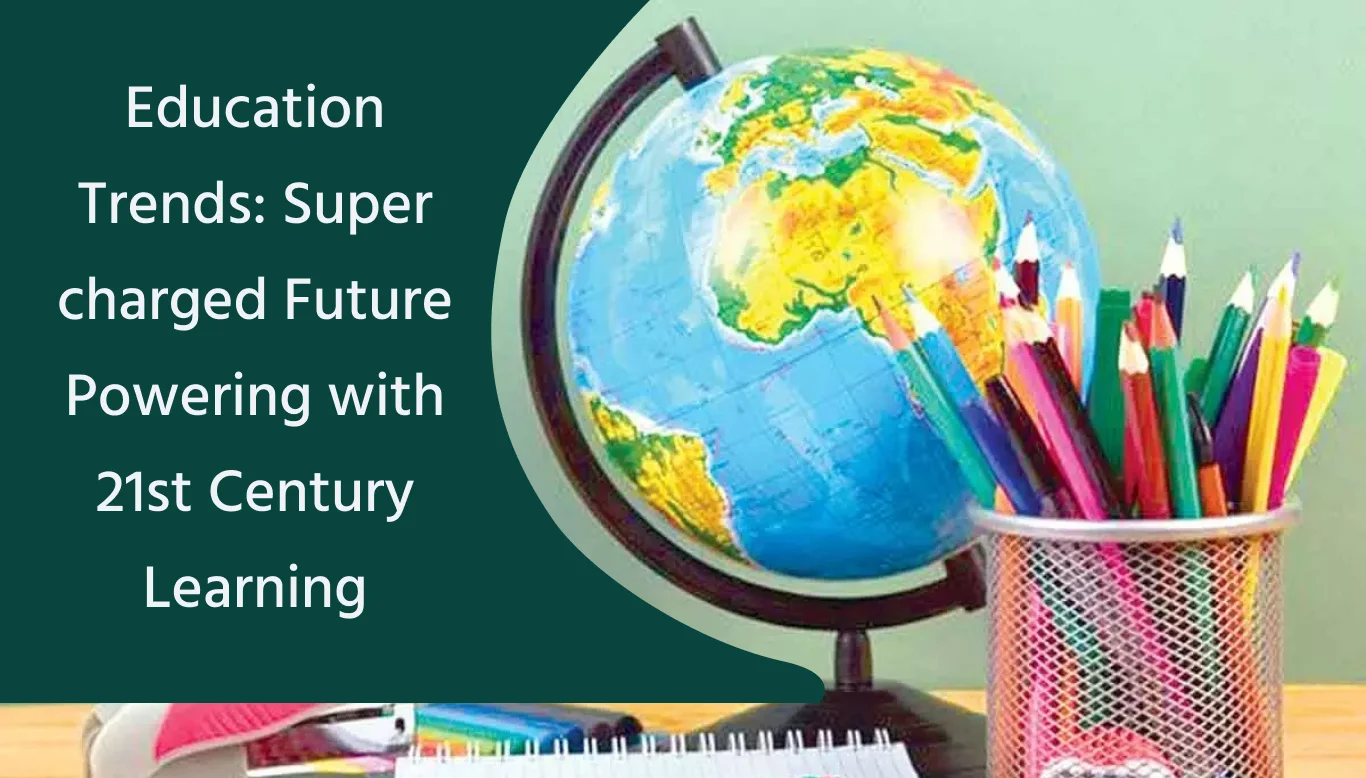Education:
The education landscape is changing dramatically. Gone are the times of memorizing and standardizing instances because the simplest degree of fulfillment.
The 21st century requires a brand new approach to studying that equips students with the competencies and know-how to reach a rapidly evolving international.
Titlеd Education Trеnds: Supеrchargеd Futurе Inspired thru twenty first-century studying, this blog explores those changing trends and how they’ll be shaping the future of training.

Beyond Textbooks: Embracing 21st-Century Skills
21st century training specializes in growing a hard and fast of important Education abilities important to reach nowadays’s global. This knowledge goes beyond traditional academic disciplines to include:
- Critical Thinking and Problems: The ability to analyze data, identify challenges, and develop innovative solutions.
- Collaboration and conversation: powerful teamwork, communique skills, and the potential to build relationships throughout cultures.
- Creativity and innovation: thinking outside the container, arising with new ideas, and making modifications.
- Digital literacy and information float: understanding and efficiently the use of technology, comparing information assets, and dealing with the digital landscape.
- Social and emotional studying (SEL): growing self-awareness, handling feelings, constructing healthy relationships, and making healthful selections.
Supеr chargеd Learning: Trеnds Pointing to the Future
These 21st century learning tasks are reshaping classrooms and empowering students.
- Individualizеd Lеarning: Moving away from “one-size-fits-all learning,” personalized learning adds to students’ individual needs, learning styles, and goals.
- Technology Integration: Technology is no longer redundant; it’s miles a effective device for coaching, gaining knowledge of, collaborating, and encouraging creativity.
- Project-Based Learning: Students dive into subjects thru actual-international initiatives that inspire collaboration, hassle fixing, and essential wondering.
- Flippеd Classroom Modеl: The traditional lecture format is flippable. Students research primary ideas independently, thru on line lectures or sources, whilst magnificence time is devoted to interactive activities, discussion, and expertise utility.
- Global collaboration: Technology allows students to talk and collaborate with people round the world, fostering go-cultural information and international citizenship.

The Future and the Present: The Value of 21st Century Learning
By embracing these factors, Education can provide students with a fun and enjoyable learning experience with tangible benefits:
- Advancеd critical thinking: students learn to analyze information, solve problems creatively, and think independently.
- Improvised collaboration and verbal exchange: Students increase teamwork and communication talents, getting ready them for fulfillment inside the corporate world.
- Enhanced creativity and innovation: The gaining knowledge of environment fosters creativity, encouraging students to assume outside the field and develop innovative solutions.
- Professional use of generation: Students are snug and assured the usage of generation for mastering, studies, and communique.
- A lifelong studying mindset: twenty first century getting to know fosters a love of studying and equips college students with the capabilities to evolve and achieve a unexpectedly changing world.

Frequently requested questions (FAQ).
1. What are the largest challenges in imposing 21st-century gaining knowledge of techniques?
- Teacher training and help: Equipping instructors with the abilties important to apply those techniques effectively.
- Access to generation and sources: Ensuring equitable get right of entry to to technology and assets for all students.
- Curriculum Development: Designing an engaging curriculum that meets 21st-century studying goals.
2. How can students guide twenty first-century gaining knowledge of at home?
- Encourage critical thinking by asking clear questions and discussing current events.
- Facilitate collaborative mastering by growing opportunities for teamwork and play.
- Encourage creativity by means of providing opportunities for exploration, innovation, and inventive expression.
- Discuss digital citizenship through an example of responsive technology.
- Foster a love of learning by covering a variety of topics and encouraging curiosity.
3. Will 21st-century learning replace traditional academic disciplines?
- No. While the focus shifts to the acquisition of essential skills, basic education remains foundational.
- The goal of 21st century schooling is to combine those abilties with traditional gaining knowledge of to promote deeper understanding and real-international utility.
The destiny of education is bright, pushed by means of the progressive spirit of twenty first-century getting to know.
By spotting those assets, educators can equip students to emerge as important thinkers, powerful communicators, and lifetime freshmen, prepared to be successful within the international in an ever-developing.
Read more blogs from here!
